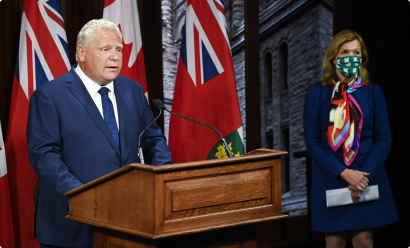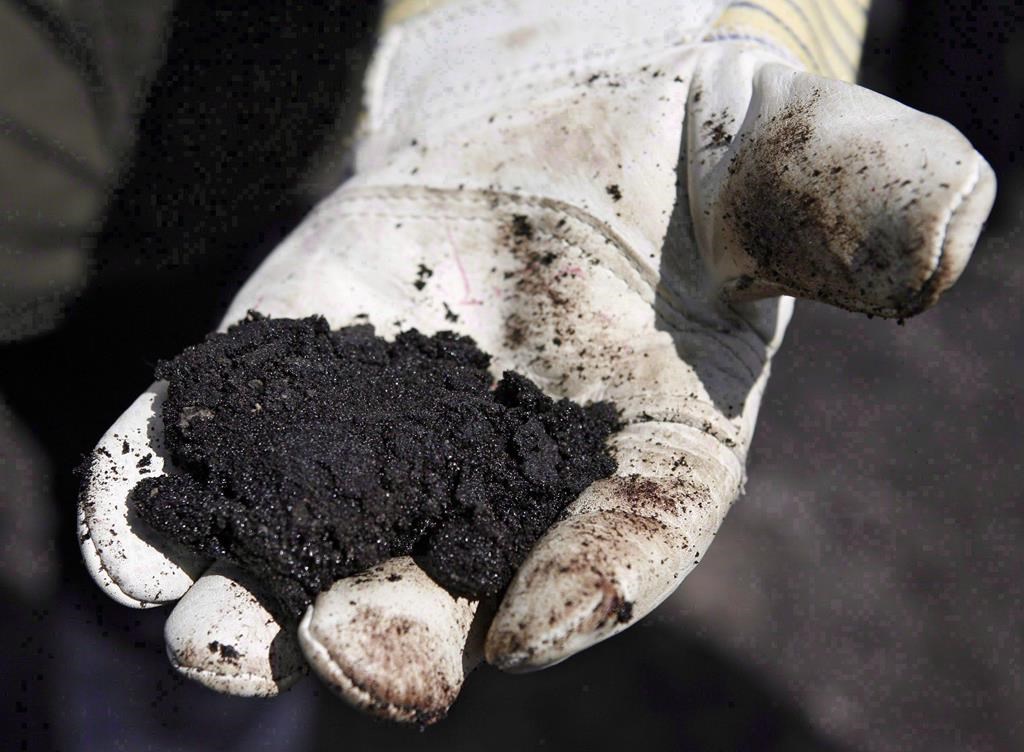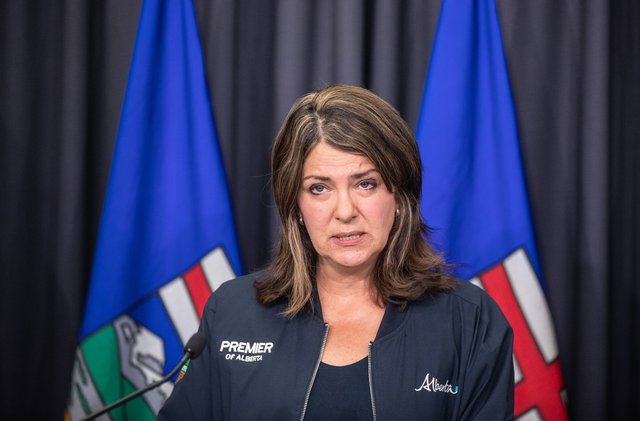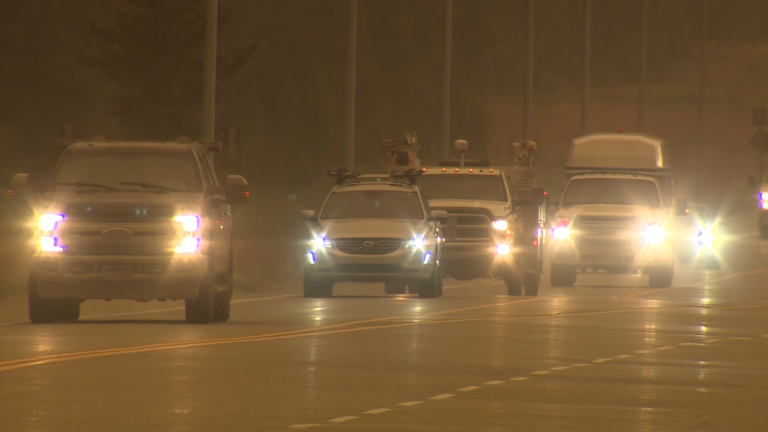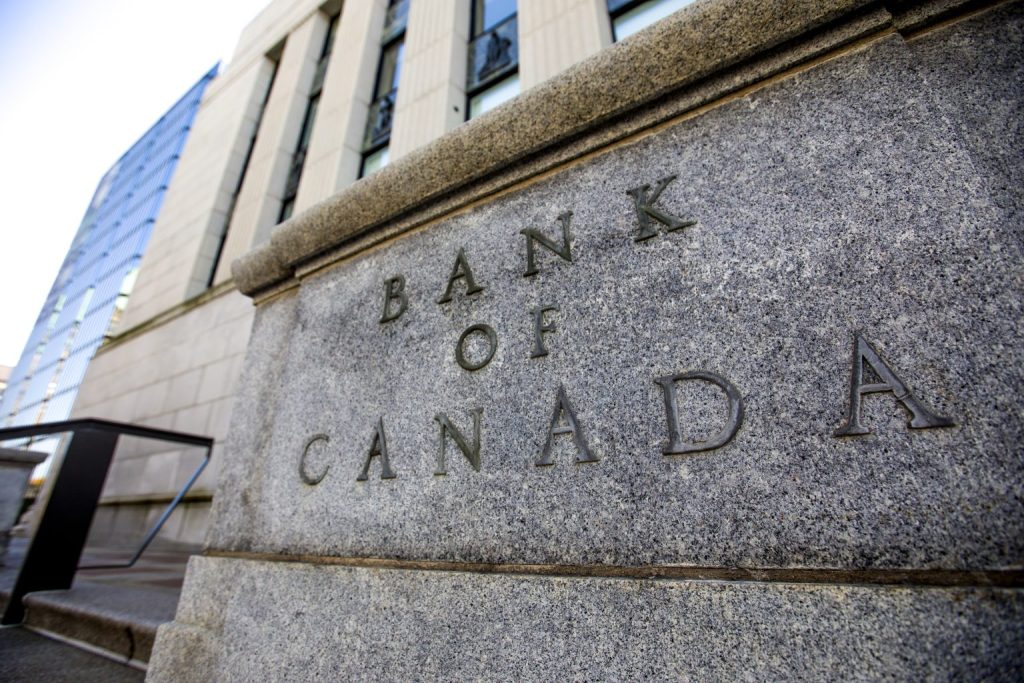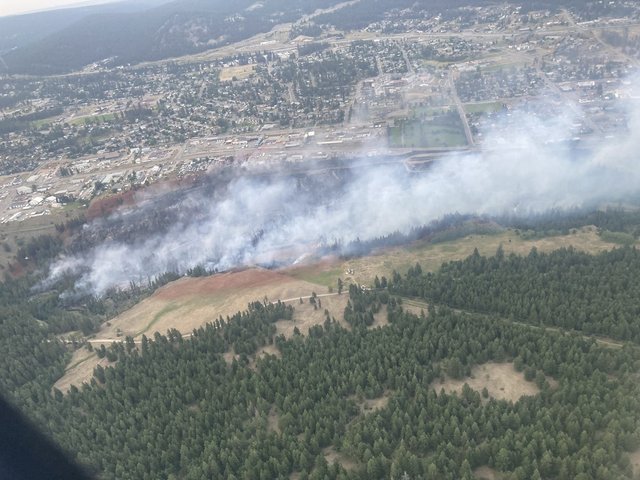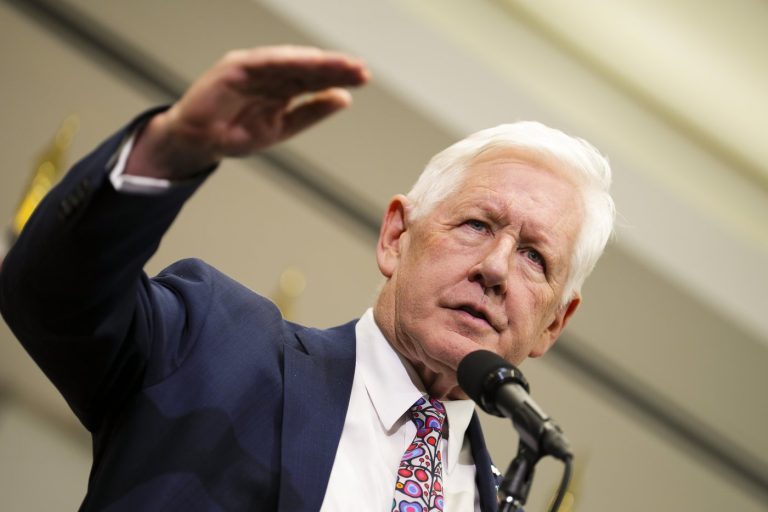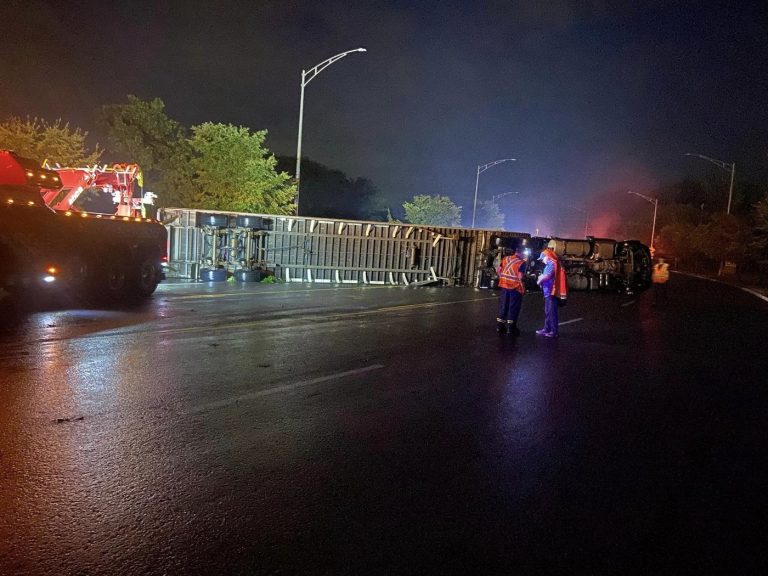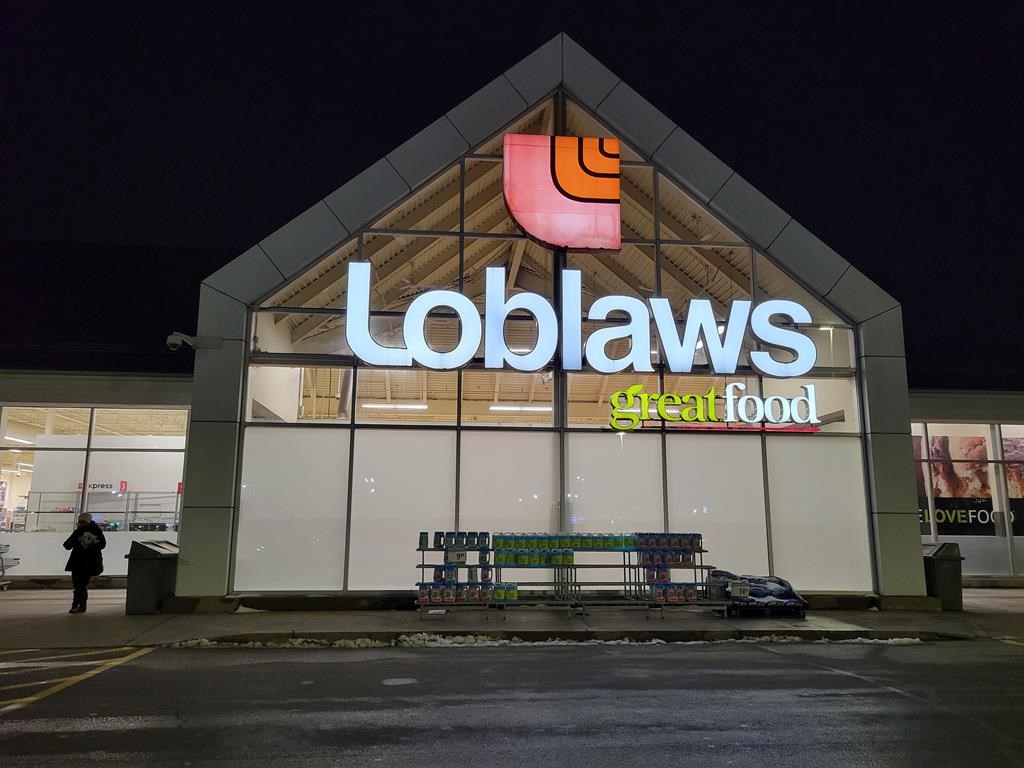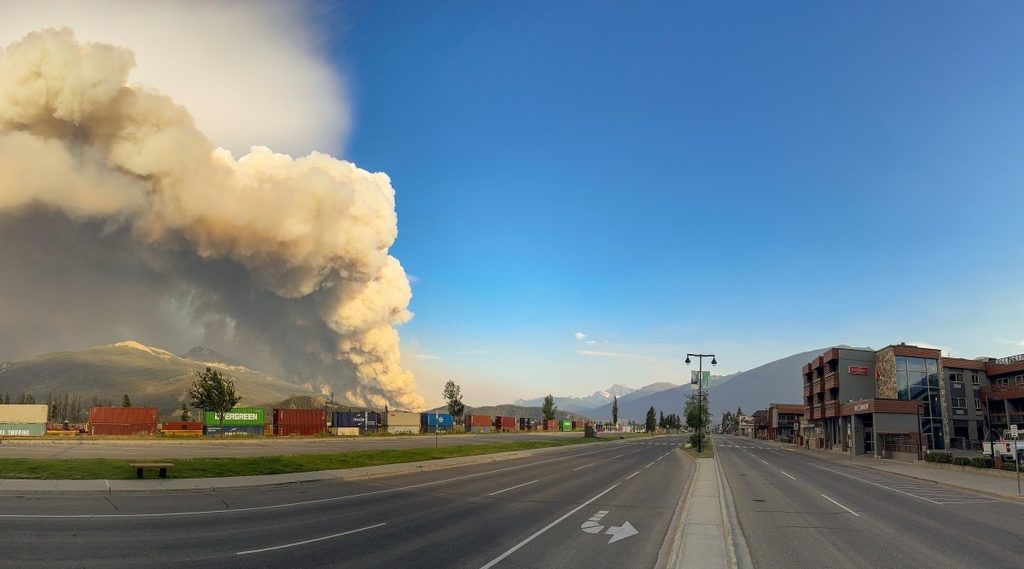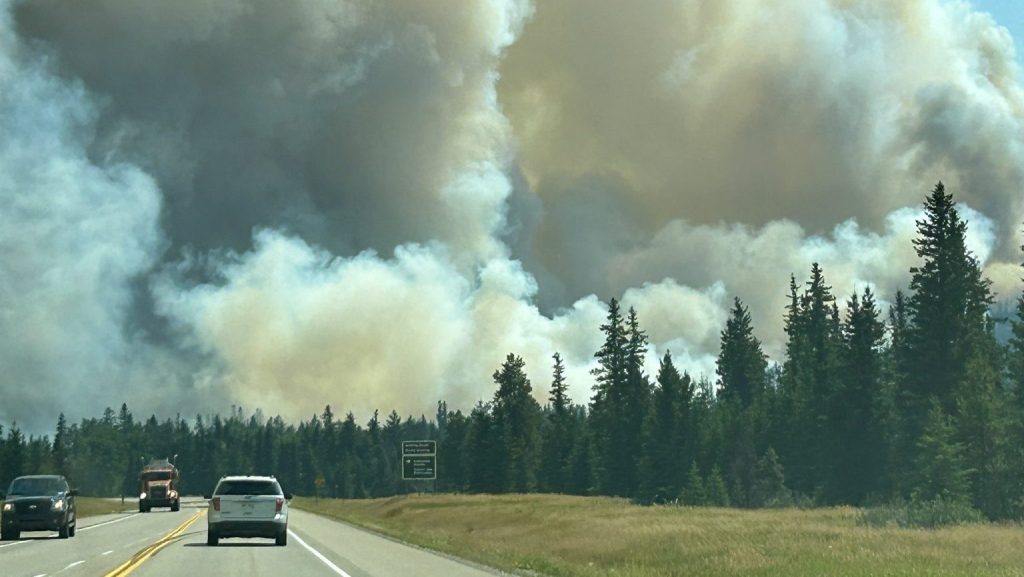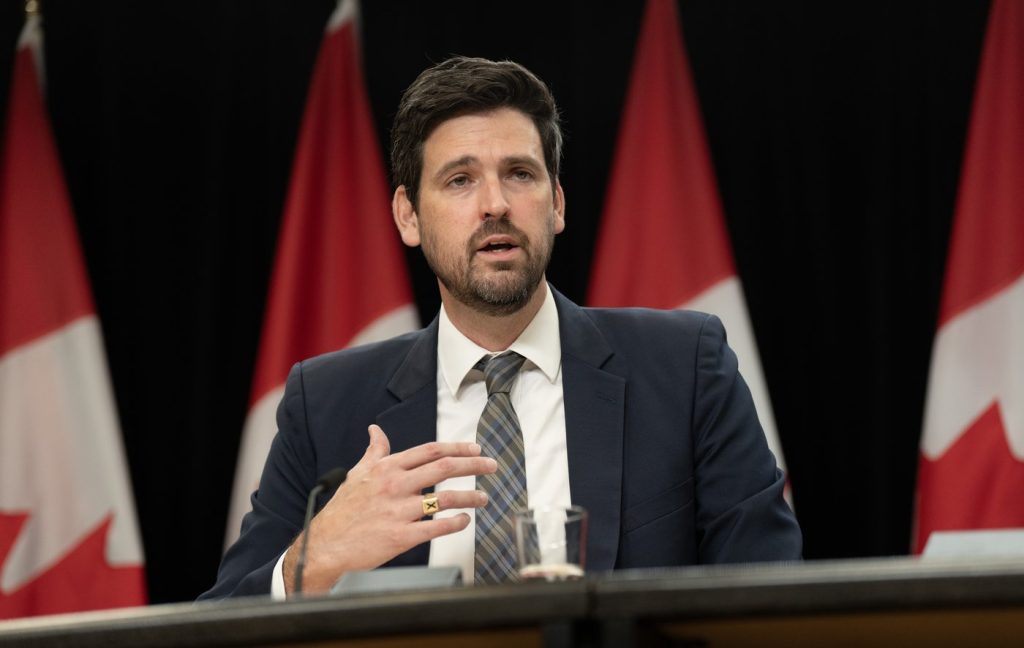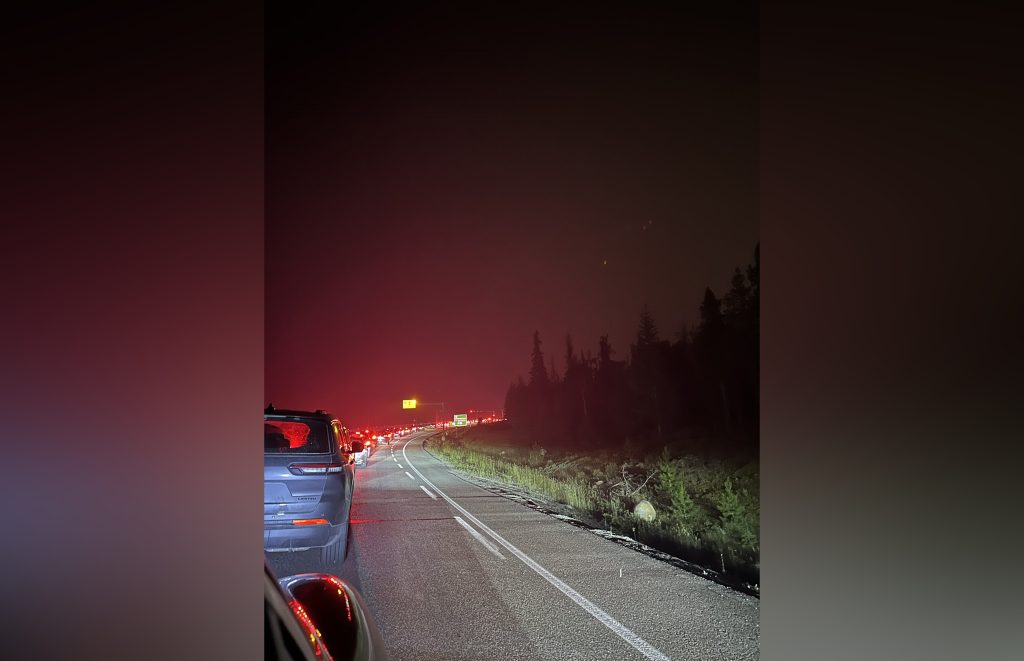EDMONTON — The Alberta and federal governments say they will work together to understand what happened around a nine-month delay in notifying the public about toxic seepage from an oilsands tailings pond.
“(Alberta Environment) Minister (Sonya) Savage and (federal Environment) Minister (Steven) Guilbeault reiterated a dual commitment to review information exchange processes and committed to maintaining open communication channels with Indigenous communities in the area with updates on water sampling and other monitoring results,” said a news release Wednesday from the Alberta government.
The release contained no direct quotes from Savage. Her office did not respond to a request for comment.
“Minister Guilbeault underlined that Imperial Oil’s own stated failures of communication were unacceptable and have raised broader concerns regarding the efficacy of (Alberta’s) existing notification systems,” said Kaitlin Power, Guilbeault’s spokeswoman.
Tuesday evening, Savage and Guilbeault discussed seepage and a leak from Imperial Oil’s Kearl oilsands mine about 70 kilometres north of Fort McMurray, Alta.
The seepage was discovered in May, but neither politician was told about it until nine months later. They learned of it from an environmental protection order issued by the Alberta Energy Regulator after a second release of 5.3 million litres of oilsands wastewater at Kearl from a catchment pond.
Area First Nations have also said they were not updated after initial notification of discoloured water found on the site.
Power said Ottawa also wants to see a federal-provincial-Indigenous working group, with participation from the oil companies, to address the immediate concerns around the Kearl releases “to restore trust and give transparency.”
Details on that group are expected soon.
Savage has repeatedly promised to get to the bottom of how it took so long for news of the significant leaks to be released.
“It’s an unfortunate incident that happened at Kearl, and I think we need to learn from it and do better,” Savage told a legislature committee on March 9.
“I think there are probably some gaps that need to be looked at and processes fixed and improved.”
But New Democrat environment critic Marlin Schmidt said the public deserves to know what questions will be asked and how those fixes will be made.
“Be forthright with what the scope of the investigation is,” he said Wednesday. “Tell us when they expect it will be concluded.”
Aside from what he called “clues” in the environmental protection order, Schmidt said, it’s not even clear what is being investigated.
Savage has said she couldn’t say anything for fear of affecting the regulator’s investigation.
Schmidt also called on the government to release the basis for its repeated assurances that no wildlife or waterways were affected by the seepage.
“They need to release all of the data they have to this point,” he said. “I think they’re hiding the data.”
He said the province should take responsibility for dealing with the problem itself.
“The provincial government is clearly washing its hands of it and asking the federal government to take care of the problem,” he said.
The province’s news release Wednesday said Alberta Environment and Protected Areas has sent officials to the site to conduct independent water sampling, in addition to monitoring already in place.
Environment Canada, which has said the released tailings are harmful to fish, also has inspectors on the site.
“Environment and Climate Change Canada will be closely engaged with the Alberta Energy Regulator to review Imperial Oil’s remedial action plan to ensure it complies with the Fisheries Act,” Power said in an email.
Imperial released an update Wednesday evening that said it has toured community leaders and government officials through the affected area and has nearly 200 people working on seep mitigations and cleanup, including on the overflow at Kearl.
The company said the Regional Municipality of Wood Buffalo has declared drinking water to be safe in the community of Fort Chipewyan and that its own monitoring and water sampling data shows no impacts to local waterways or drinking water.
Imperial said there has been no indication of effects on wildlife or fish.
“All seven Indigenous communities have been invited to site for tours and to conduct independent monitoring and water sampling; in-community meetings are occurring,” the release said.
This report by The Canadian Press was first published March 15, 2023.
Bob Weber, The Canadian Press

